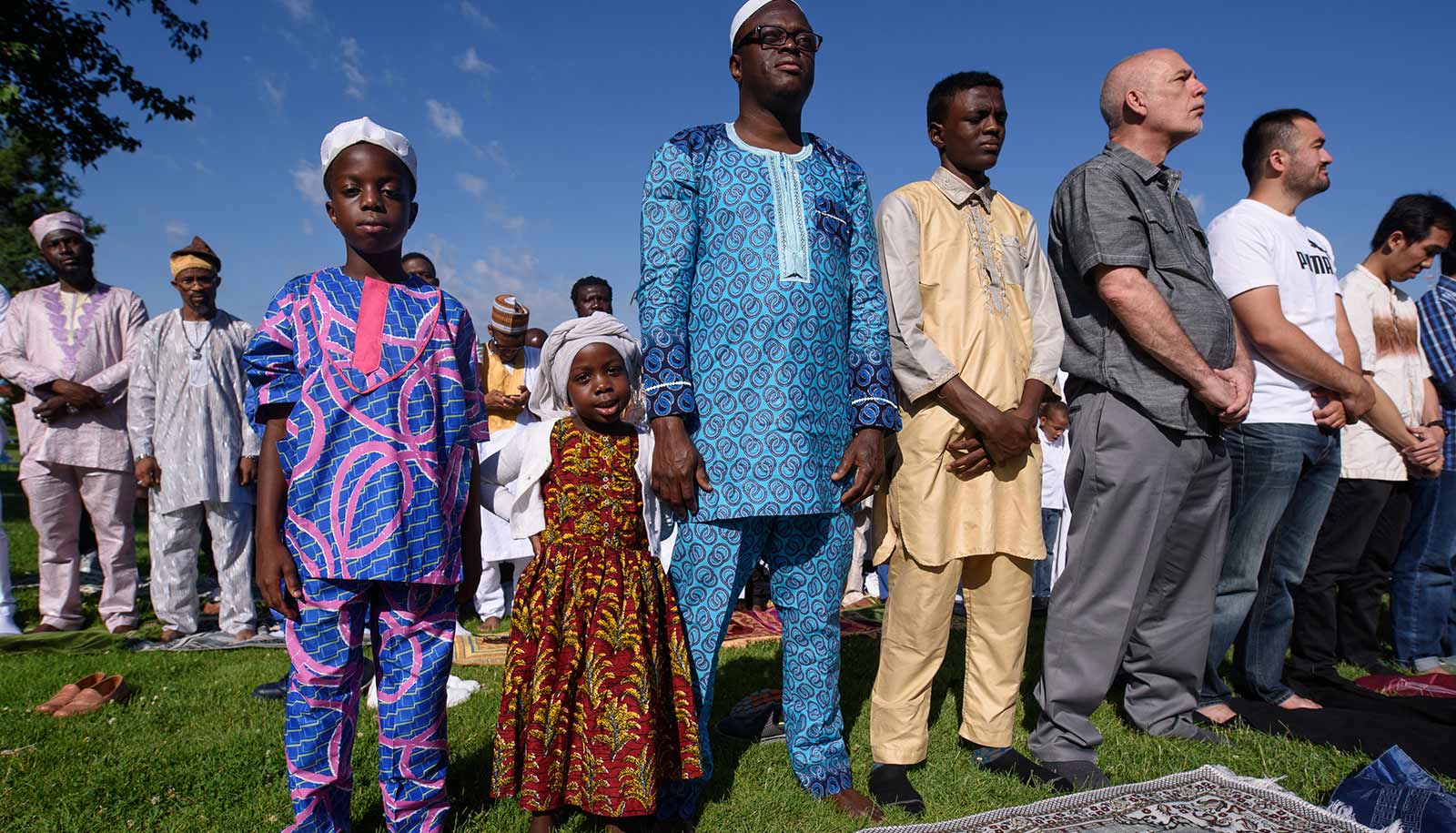
(Credit: Getty Images )
What a 1928 blood libel in upstate New York reveals about today
A lost child in 1928 Massena, NY sparked the United States' only known blood libel. A new history of the event connects the dots to anti-Semitism today.

A new book about a shocking 1928 incident in upstate New York traces a current of anti-Semitism in American politics.
Barbara Griffiths was four years old when, on September 22, 1928, she wandered into the woods surrounding the village of Massena, in upstate New York, and disappeared. Hundreds of locals, organized by Massena’s police and firefighters, searched frantically through the night and into the next day.
But it was within only a few hours of Barbara’s vanishing that a rumor began to spread across Massena: Jews had kidnapped and killed the girl in a ritual murder. The theory quickly caught fire, finding believers not just in the townsfolk, but also in powerful figures such as state police officers and Massena’s mayor. Barbara ultimately turned up a day after she’d gone missing—having innocently gotten lost in the dense woods—but the accusation persisted in local and national papers for weeks.
The blood libel, the idea that Jews use the blood of Christian children for rituals, has a long, dark history in Central and Eastern Europe, dating back to the Middle Ages. The incident in Massena was the first—and, to this day, the only—known instance of blood libel in the United States, and took place during a time of mass immigration of Jews and Catholics to the country. The fraught political climate may have fueled the escalation of anti-Semitism.
Nearly a century later, anti-Semitism persists in America, even on the streets where Jews have historically felt most accepted. New York City crime statistics indicate a spike in reported anti-Semitic hate crimes this year, with 110 in the first quarter of 2019, compared to 58 in the first quarter of 2018. The most recent FBI data showed a 37% national rise in hate crimes against Jews from 2016 to 2017, and noted an increase in overall hate-related incidents for three consecutive years.
And while the Massena blood libel is unique in American history, studying it in context can help shed light on how anti-Semitism and other forms of prejudice operate today. The new book by New York University history professor Edward Berenson, The Accusation: Blood Libel in an American Town (W. W. Norton & Co., 2019), explores the events in Massena and the history of blood libel around the world. NYU News spoke with Berenson about the socio-political forces that allowed the blood libel to take root in Massena, his personal connection to the story, and how anti-Semitism reveals itself in our modern society:
The post What a 1928 blood libel in upstate New York reveals about today appeared first on Futurity.
Share this article:
This article uses material from the Futurity article, and is licenced under a CC BY-SA 4.0 International License. Images, videos and audio are available under their respective licenses.


